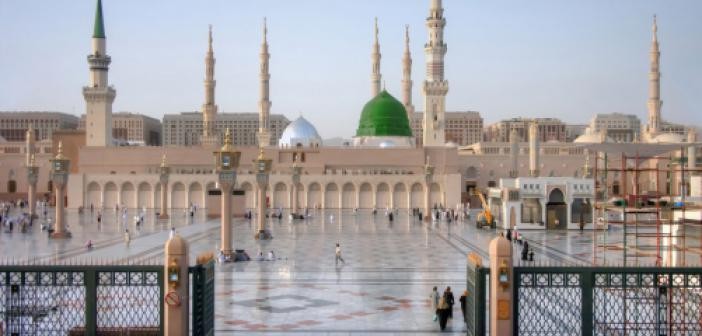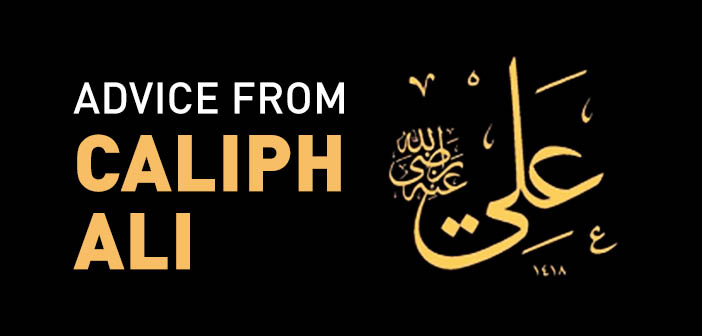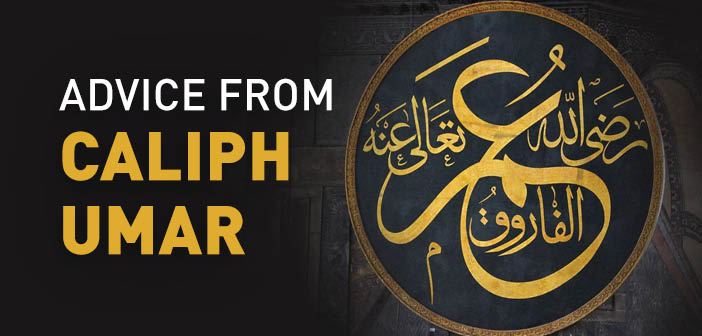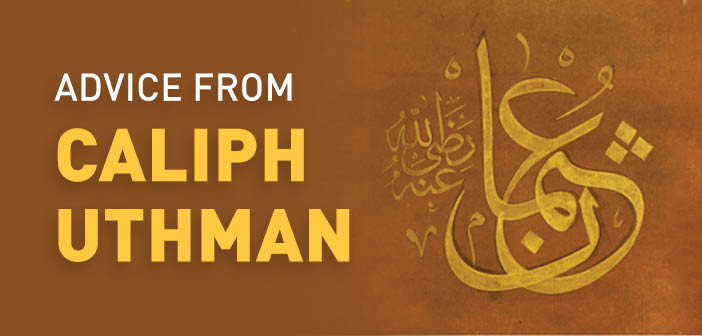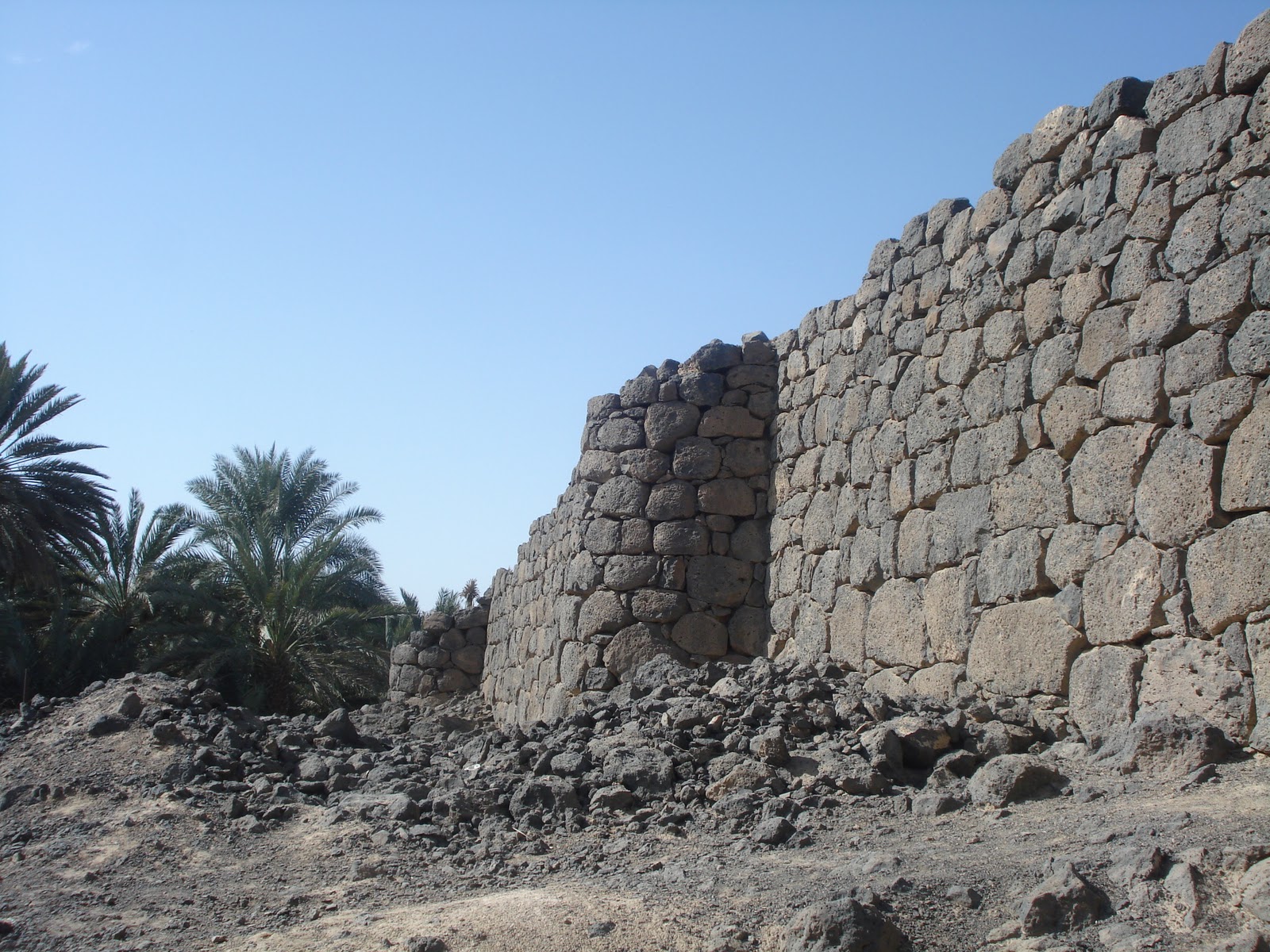
The March on Banu Qurayza
The march on banu qurayza...
The Battle of Handak had been won. Forced to swallow their pride, the idolaters had made a low key return to Mecca. The Blessed Prophet -upon him blessings and peace-, too, had made his way back home, and as he always did following a battle, removed his armor and took a bath. It was right afterwards that Jibril -upon him peace- appeared.
“Have you dropped your weapons?” he asked the Blessed Prophet -upon him blessings and peace- . “We haven’t!”
“That means there is another battle. Where to?” asked the Prophet -upon him blessings and peace-.
Jibril -upon him peace- pointed towards the quarters of Banu Qurayza, who betrayed the Believers at Handak.
“There to!” he replied. (Bukhari, Maghazi, 30)
Like their fellow Jewish tribes of Medina before them, Banu Qurayza failed to stay loyal to their sworn pact and betrayed the Muslims at the most delicate of times. Indeed, their pact with the Believers required them to provide assistance in defending Medina against the assailing idolaters. Not only did they shrink back in putting up a fight alongside Muslims, they did not leave a stone unturned to devise treacherous plots against the Believers at every given opportunity, no matter how faint. Little did they know that they were really spelling their own ends.
Upon receiving the Divine Command, the Noble Prophet -upon him blessings and peace- immediately gathered the Muslims and signaled they were Banu Qurayza bound.
“Let not anyone, who hears and obeys offer his asr salat until arriving at the Banu Qurayza quarters!” (Bukhari, Maghazi, 30)
The Muslims thus departed before allowing the Jews to come to grips with the situation awaiting them.
First, a small force under the command of Ali -Allah be well-pleased with him-, which had moved in advance, met the Jews, who, instead of feeling remorse for the treason they had committed, became all the more aggravated and begun talking ill of the Blessed Prophet -upon him blessings and peace-.[1] But once they saw the Muslim army of three thousand men strong making its presence before the forts of Banu Qurayza under the leadership of the Blessed Prophet -upon him blessings and peace-, they became tongue-tied. The majesty of the Blessed Prophet’s -upon him blessings and peace- presence forced them to renounce all their previous words.
“Enemies of Allah…!” shouted Usayd ibn Khudayr -Allah be well-pleased with him-. “We will not lift our siege of your forts until you die of hunger. You are like foxes trapped in their den!”
Terrified, the Jews shouted beseechingly from being their forts, “We are your allies, Ibn Khudayr…The allies of Aws, not Khazraj!”
“No more do we have a pact or a treaty with you”, said Ibn Khudayr -Allah be well-pleased with him- in a definite tone. (Waqidi, II, 499)
Nonetheless, before signaling a start to the battle, the Blessed Prophet -upon him blessings and peace- got within an arms distance of the walls of their forts and invited them to Islam. They shied away from accepting.[2]
With the siege ensuing, sending the Jews into much distress, one of their leaders, Kaab ibn Asad proposed to “…pledge allegiance to that man and accept his prophethood”. “There is no doubt”, Kaab continued, “that he is the awaited prophet and the man whose attributes we find written in our scriptures. If we declare we believe him, we will be able to receive amnesty!”
“We shall neither depart from the Torah nor take another Scripture in its place”, protested the Jews.
His first proposal falling on deaf ears, Kaab then offered to kill their own women and children and enter a life and death struggle with the Muslims or better still, attack them at a least expected time, on Saturday evening, hoping to catch them off guard. Undecided, they accepted none of the proposals[3], for Allah, glory unto Him, had let fear creep into their hearts.
Three young men by the names of Salabah, Usayd and Asad recognized the Prophet -upon him blessings and peace- as carrying the attributes long explained by Jewish scholars as characteristic of the Prophet of the Final Hour. Descending from their forts in the dark of night, they joined the Blessed Prophet -upon him blessings and peace-.[4]
The Jews eventually had to surrender, unconditionally. As the Jews of Banu Qurayza were traditionally in the protection of Aws, compliant with the formal request by the Jews, the Blessed Prophet -upon him blessings and peace- sent for Saad -Allah be well-pleased with him- as arbiter. Despite carrying a heavy wound from Handak, Saad -Allah be well-pleased with him- eagerly heeded the Prophet’s -upon him blessings and peace- call. He had after all prayed to the Almighty, upon being wounded, “…not to breathe his last until scores were settled with Banu Qurayza!”
Again, compliant with Jewish requests, Saad -Allah be well-pleased with him- arrived at a decision in line with the law of Musa -upon him peace-.[5] The Blessed Prophet -upon him blessings and peace- , too, confirmed his ruling, commenting, “By Allah, Sad, you have ruled in correspondence with that of Allah above the seven heavens!” (Bukhari, Maghazi, 30; Ibn Sad, III, 426)
Saad ’s heartfelt prayer was accepted and after he passed judgment regarding the Jews who had stabbed the Believers in the back during the battle, his wound reopened. It was not long afterward that the celebrated Companion, a true devotee of the Noble Messenger -upon him blessings and peace-, breathed his last as a martyr and attained eternal mercy.[6]
The Blessed Prophet -upon him blessings and peace- commemorated him by saying, “The Throne of Rahman shook over the death of Saad ibn Muadh.” (Bukhari, Manaqib’ul-Ansar 12; Muslim, Fadail’us-Sahabah, 125)
Even though Saad was a brawny man, those carrying his funeral only felt a meager weight on their shoulders. “Others are carrying him”, explained the Blessed Prophet -upon him blessings and peace- . “By Allah, in whose Hand of Might my life resides, angels have rejoiced over Saad’s soul!” (Ibn Hisham, III, 271; Tirmidhi, Manaqib, 50/3848)
After leading his funeral salat and burying Saad in his grave, the Blessed Prophet -upon him blessings and peace- continued reciting tasbihat for a while. The Companions followed the Prophet -upon him blessings and peace- and joined in. Then the Prophet of Allah -upon him blessings and peace- pronounced a takbir.
“Why, Messenger of Allah, did you recite some tasbih and then a takbir?” the Companions felt compelled to ask.
“Until Allah gave it breadth, the grave squeezed even this righteous servant”, replied the Noble Prophet -upon him blessings and peace-. (Ahmad, III, 360)
“Had there been a person immune to the trial of the grave”, the Blessed Prophet -upon him blessings and peace- then continued, “it would surely have been Saad. But the grave first squeezed him until Allah gave it breadth.” (Tabarani, Mujam’ul-Kaabir, X, 334)
According to the report of Anas -Allah be well-pleased with him-, the Blessed Prophet -upon him blessings and peace- was once presented with an ornamented kaftan as a gift, the beauty and exquisitely soft texture of which many were taken in by. “By He who has Muhammad’s life in His Hand of Might”, the Prophet of Mercy -upon him blessings and peace- said, “Saad’s handkerchiefs in Paradise are more beautiful and worthier than this”. (Bukhari, Bad’ul-Khalq, 8; Muslim, Fadail, 126)
The Holy Quran depicts the triumph attained following the Battle of Handak through the help of Allah, glory unto Him, in the following:
“And He drove down those of the followers of the Book who backed them from their fortresses and He cast awe into their hearts; some you killed and you took captive another part. And He made you heirs to their land and their dwellings and their property, and (to) a land which you have not yet trodden, and Allah has power over all things.” (al-Ahzab, 26-27)
[1] See, Waqidi, II, 499.
[2] See, Abdurrazzaq, V, 216, 370.
[3] Ibn Hisham, III, 254.
[4] Ibn Hisham, III, 256.
[5] According to the Old Testament, the punishment for such a crime is the execution of all adult males, the appropriation of their possessions as spoils and taking all the women and children captive. (See, the Old Testament, Deuteronomy, 20/10-15)
[6] See, Ibn Hisham, III, 271.
Source: Osman Nuri Topbaş, The Prophet Muhammed Mustafa the Elect II, Erkam Publications
Encouraging Communal Salat
The Return from Badr





